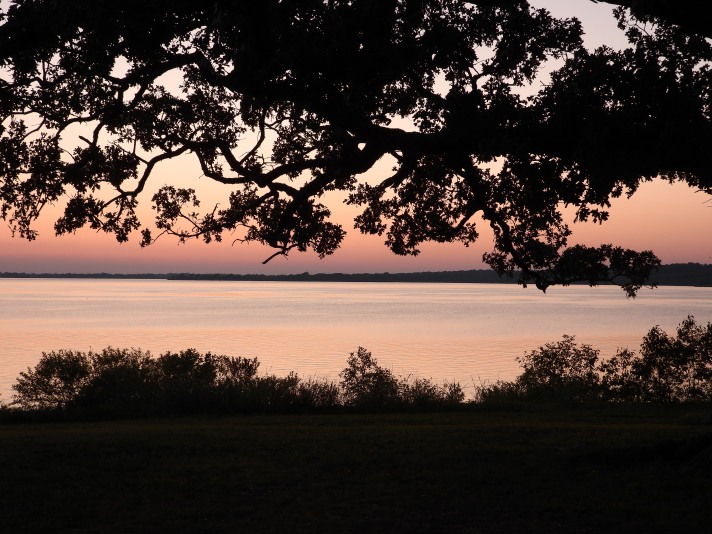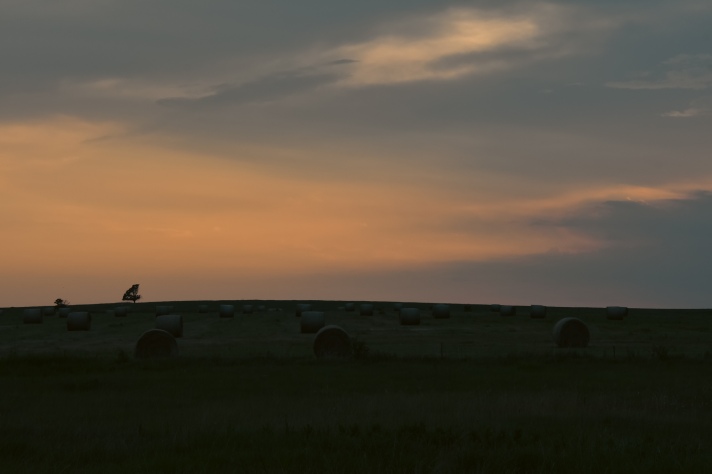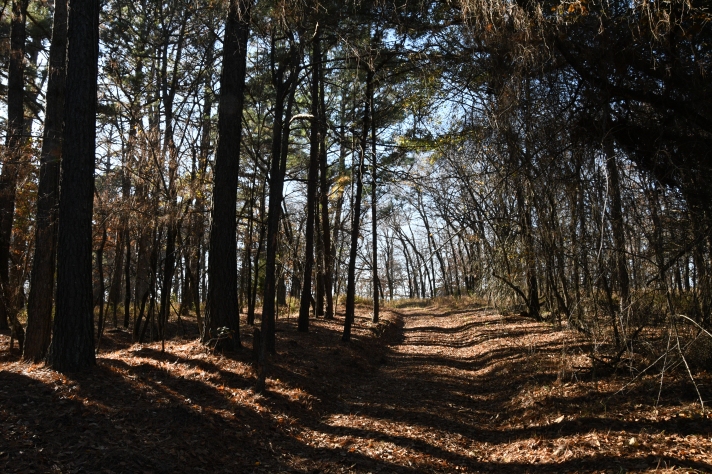
Little sparrows tap on the glass of the door
before little bounces send each into damp grass
that feather their tummies as a robin tugs at earthworms,
their wriggling bodies evicted from the soil. These
tufted hieroglyphics chirp and hop and stop to
watch the door for movement. They must know
about the time I searched how to build a birdhouse
on the internet or about the feeders I eyed at the
farming goods store. They must also know
I’m sincere when I whistle along to their individual
songs that carry high in the elm and cypress, just
as I know I’m not judged by my coworkers for fumbling
their native tongue – a fire kept in the blackened
pane of a brakeman’s lantern, or between two red
and orange palms, or held waist-high in the oxbow bend,
waiting to bite into tart tangelos under a full moon,
shadows stretched and dancing over land with no boundaries.









